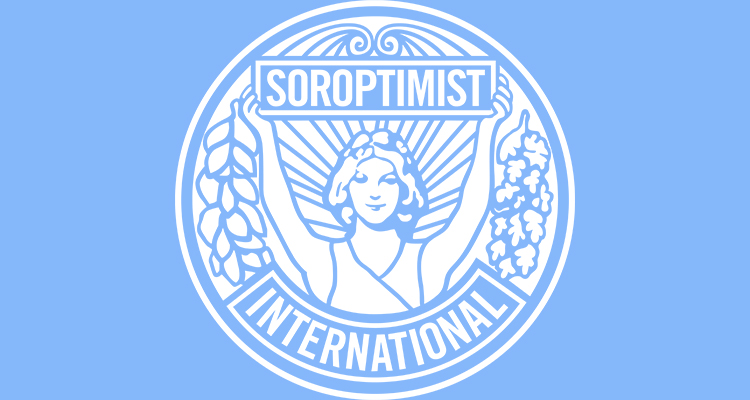Berthe De Vos-Neven, Soroptimist International United Nations Representative, Geneva reports on the 31st special session of the Human Rights Council (HRC) on the serious human rights concerns and situation in Afghanistan held 24 August 2021.
The HRC held a special session on 24 August to Address the Serious Human Rights Concerns and Situation in Afghanistan. The meeting was requested by Afghan and Pakistani representatives and supported by 89 countries. The realistic concern exists that, now the Taliban are back in control, many in the country and around the world fear a return to the brutal Islamic law of the past, where women and girls suffered from a lack of basic human rights.
Days after the Taliban took power, the United Nations received numerous allegations of serious human rights violations. According to some reports, there were mass executions of civilians and former members of the Afghan security forces. Mrs. Nazhat Shameen Khan, President of the HRC, opened the 31st special session in person and allowed virtual attendance due to the limitations of the COVID-19 pandemic, but stressed that these modalities should not serve as a precedent. She urged all participants to participate with the dignity inherent in the discussion.
Mrs. Bachelet, OHCHR High Commissioner, reported that humanitarian and human rights are abused. Moreover, she said the United Nations had a “fundamental red line”, which was the Taliban’s treatment of women and girls. The High Commissioner said that the United Nations had already received evidence women’s freedom of movement is limited in some areas and some girls can no longer go to school. Peaceful protests were suppressed, and minors were called up for military service in the Taliban. Reports on the subject are reliable, she emphasises: “There are great risks for women and journalists and for the new generation of civil society leaders who have risen in recent years. Afghanistan’s diverse ethnic and religious minorities are also at risk of violence and oppression.”
She insisted that the Taliban would open all access for humanitarian help and urge them to leave all humanitarian personnel free to do their duties. Mrs. Bachelet finished strongly with: “United and unequivocal action by Member States will be an important signal to the Taliban that a return to past practices will not find acceptance in the international community – neither now, nor in the future. The Afghan people have come too far for such an outcome to ever be tolerable.”
Other keynote speakers were Mrs. A. Ramasastry, chair of the Coordination Committee of Special Procedures, who said that these actions will set a course for the future of Afghanistan; Mr. S. Akbar, Chair of the Afghanistan Independent HR Commission, urges that words aren’t enough, and actions are needed as we all have seen the situation worsen very quickly.
All speakers expressed being in shock from its rapid evolution. The international community can learn difficult lessons. The HRC is obliged to send a clear signal that cooperation with Afghanistan depends on a peaceful and inclusive solution and on respect for the fundamental rights of all Afghans. The HRC must help the Afghan people; words of concern aren’t enough, actions are required. Furthermore, civil societies statements have been issued to the HRC urging them to take immediate action.
Further information:
Statement by Michelle Bachelet, UN High Commissioner for Human Rights 24 August 2021 HERE
Press Release – Human Rights Council Expresses Grave Concern at All Violations and Abuses of Human Rights in Afghanistan and Stresses the Need for Investigation into Reports of Such Violations by All Parties HERE
Written Statement to the UN Human Rights Council, and its Special Session on Afghanistan (24 August) – “Call for Immediate action to protect human rights and dignity in Afghanistan with special focus on women and girls.” signed by Soroptimist International HERE

